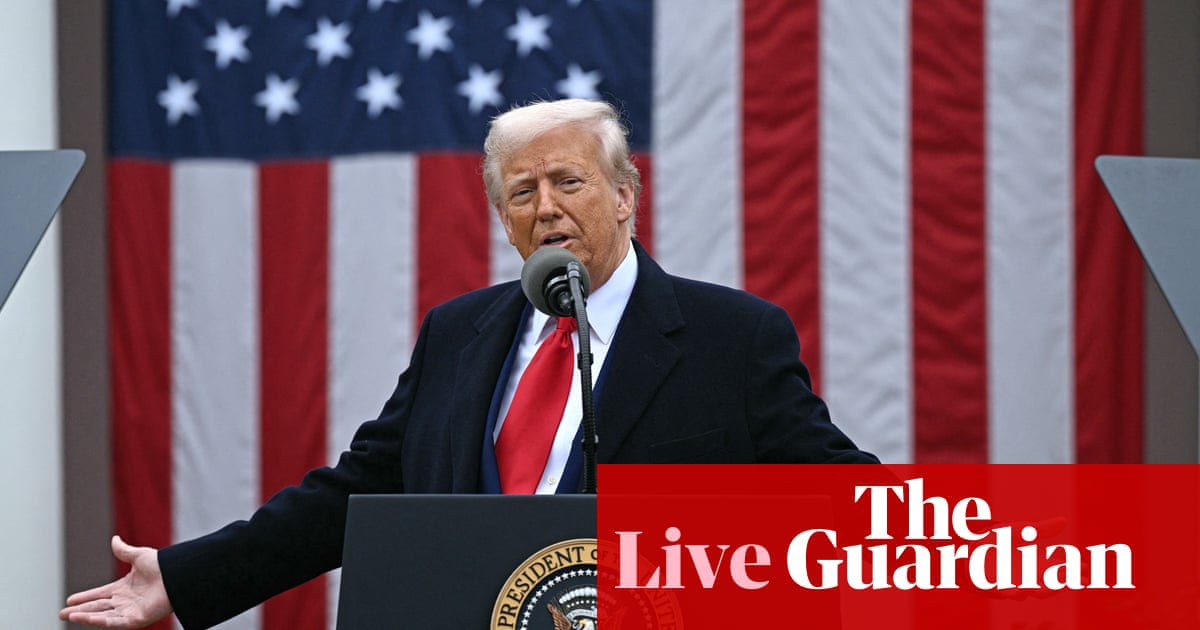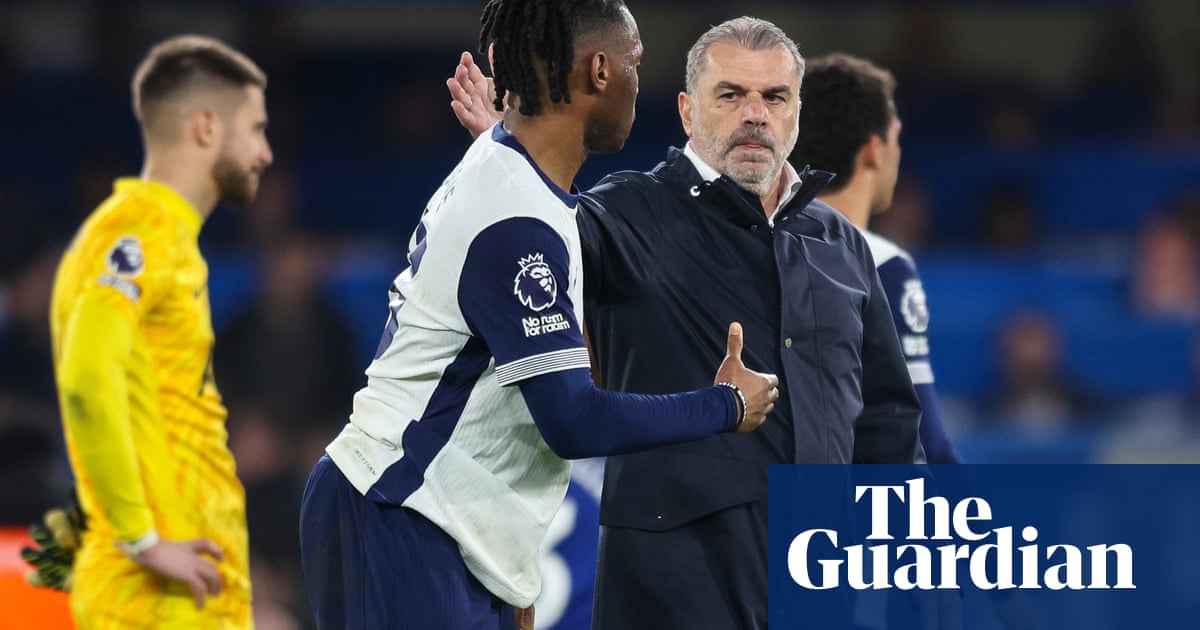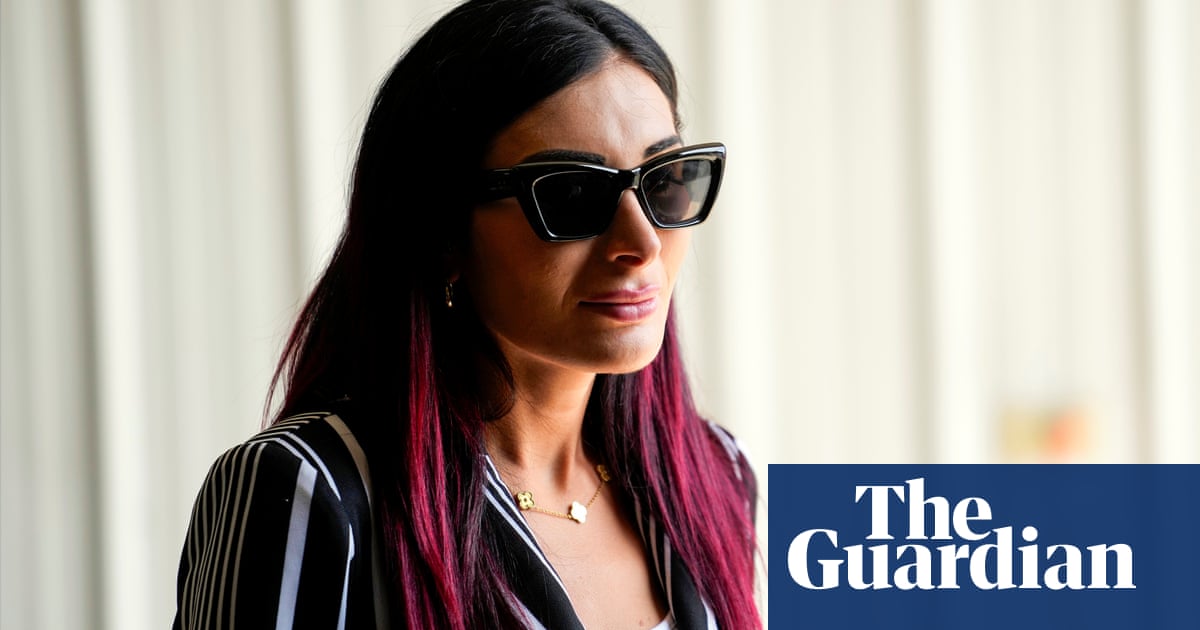
Sierra Leone is on the precipice of making history in its parliament this week. A new bill being debated would see a deadly centuries-old British colonial law abolished and monumental strides made to protect the safety of women and girls.
For a country where sky-high maternal deaths are a national emergency, the safe motherhood and reproductive health care bill is a lifeline. The new legislation would decriminalise abortion and provide that any girl or woman, regardless of economic status, can seek the reproductive care needed from a qualified medical professional – whether that involves the decision to conceive, to access contraception or to make the difficult decision to terminate a pregnancy.
For the women’s movement in Sierra Leone, this is the result of decades of frontline campaigning – from the 2015 Safe Abortion Act that was ultimately blocked by the legislature, to the announcement by the president, Julius Maada Bio, in 2022 of his cabinet’s unanimous backing, through to the parliamentary readings in December. Now, we could see a final vote in the next two weeks.
We have cried tears of anger for all the lives lost to unnecessary deaths on the tables of backstreet abortion clinics, and of hope for the new kinds of lives we might build when our choices are enshrined in the law.
Yet we are also seeing an all too familiar pattern emerge from within the corridors of power. The state’s duty to protect half of our population is being met with backlash from the Inter-Religious Council of Sierra Leone (IRCSL) – the archbishop, influential Christian and Muslim clergy, and representatives from the country’s megachurches – forcing parliamentarians to grapple with one of the most critical human rights issues for women and girls.
Once again, the most basic of human rights can no longer be assured. It is the exact same far right fundamentalist religious lawfare targeting and tactics that have been ripping across the continent – well financed and tightly orchestrated – masquerading as “family values”. The IRCSL takes its cues and talking points from far right religious extremism in the US, with money and messaging pouring into our country that mirrors word-for-word the rhetoric coming from there. This far right religious agenda is intended to infiltrate important policy debates in countries such as Sierra Leone to strengthen the US right’s global power.
None of this is unique to our country; it is mirrored in a fundamentalist attempt to decriminalise female genital mutilation in the Gambia, or extreme anti-LGBT laws in Uganda and Ghana, and other regressive legislation being pushed through across the African continent at a speed and scale that is breathtaking in its sheer audacity.
Sierra Leone has one of the highest rates of maternal fatalities in the world. Every day, up to four women and girls die from preventable pregnancy complications. Unsafe abortions contribute to approximately 9% of these maternal deaths and, tragically, most of these unsafe terminations lead to severe complications or death. Teenage pregnancy remains high, affecting just over 22% of girls aged 15-19 , making up nearly 10% of births and half of all maternal deaths in the country.
These are not mere statistics: these are mothers, daughters, sisters who should never have to risk death because of the agenda of those who would limit their access to reproductive care. Those of us who fight for the health and wellbeing of women believe that even one death is too many. In a country where, right now, it is the elite who access quality maternal medical provision and quietly pay for terminations, we fight hardest for the girls and women on the frontlines of poverty – for those who die on backstreet abortion tables and who risk their lives, forced to resort to clandestine procedures.
The IRCSL would have the nation believe that women desperate enough to terminate a pregnancy deserve a death sentence, that only those women who report incest or rape should have a right to exercise their reproductive rights. This opposition that aims to chip away at baseline provisions in the bill creates deliberate barriers to healthcare designed to control the poorest women and girls rather than protect them.
As the act hangs in the balance, Purposeful, Ipas, and the People’s Alliance for Reproductive Health Advocacy continue to advocate for justice, calling on the government to prioritise Sierra Leone’s women, and closing in on the far right extremists at home and in the US attempting to decimate our rights. Women’s health issues should simply not be up for debate, and the safe motherhood bill is not only an answer to a health crisis, it’s a political and moral imperative.










 English (US)
English (US)